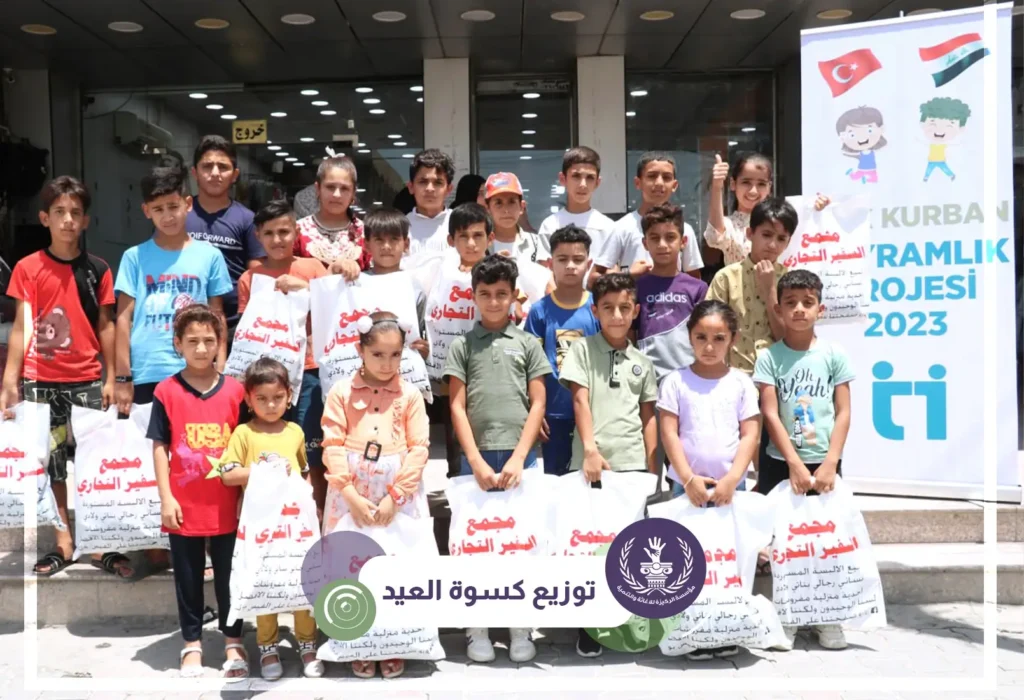Al-Rakeezeh – Exclusive
Almost everywhere in the world, across different cultures, humanity agrees on the importance and virtue of orphan sponsorship and care. Beyond religious or humanitarian motivations, there are considerations related to the security, and stability of nations and the preservation of their social fabric. Orphan sponsorship has evolved into much more than a financial contribution sent to a family or charitable institution; today, it encompasses educational, and healthcare aspects as well.
Who is an Orphan?
An orphan in Arabic is “Yateem,” defined as a child whose father has passed away before they reach the age of maturity. An “Ajee” is a child whose mother has passed away, and a “Lateem” is a child who has lost both parents before reaching maturity. However, under Iraqi law, all these situations are referred to as “Yateem,” subject to all legal provisions for orphans until they reach adulthood or the legal age of maturity. In most countries, including Iraq, a majority is typically reached at the age of 18.
When an individual reaches adulthood, they are considered legally competent and lose the special rights and procedures associated with orphans. At that time, they could make their own legal decisions and exercise their rights and responsibilities independently.
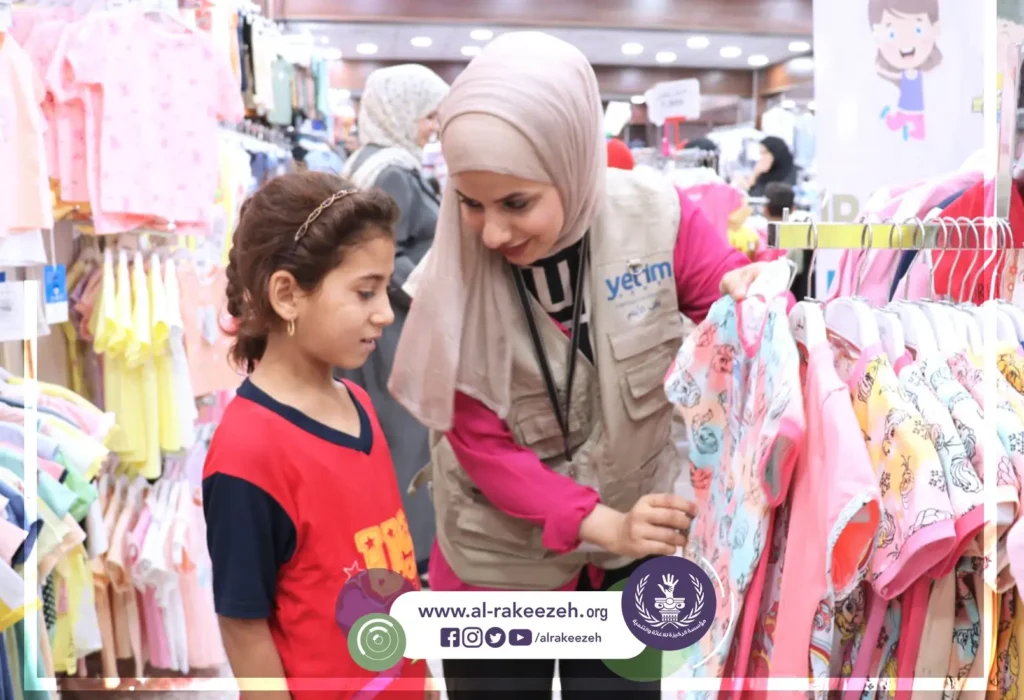
The Virtue of Orphan Sponsorship in This Life and the Hereafter
Orphan sponsorship holds high regard in both divine and secular laws. It is a moral and humanitarian principle embraced by many cultures and religions. Sponsoring an orphan is considered one of the most virtuous acts, benefiting both the individual and society.
The Prophet Muhammad (peace be upon him) elevated the status of an orphan sponsor in paradise, stating: “I and the guardian of the orphan will be like this in paradise,” while holding his index and middle fingers slightly apart. This emphasizes the great reward and increased blessings in wealth and sustenance.
The Meaning of Orphan Sponsorship
Orphan sponsorship involves providing care and support to an orphan. The role of sponsorship includes assisting the orphan in meeting their basic needs such as food, shelter, and clothing, as well as providing healthcare, education, and psychological and social support.
Orphan sponsorship can come from various sources, including families, relatives, charitable organizations, humanitarian organizations, and even the government in some cases. The goal of orphan sponsorship is to provide care and support to this vulnerable group in society and offer them the opportunity for healthy and stable growth.
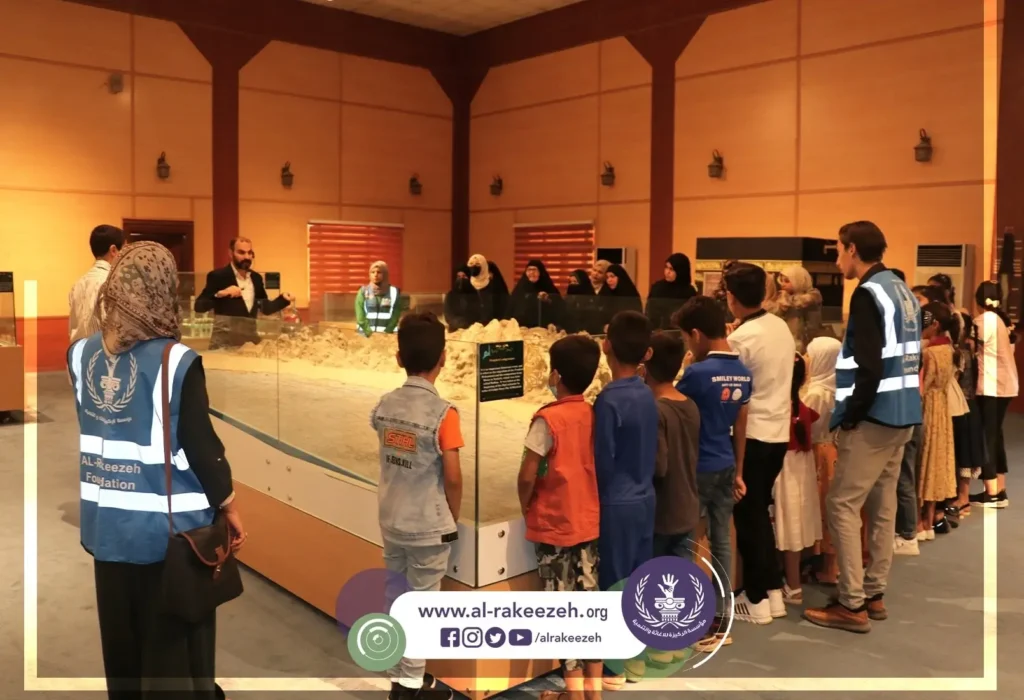
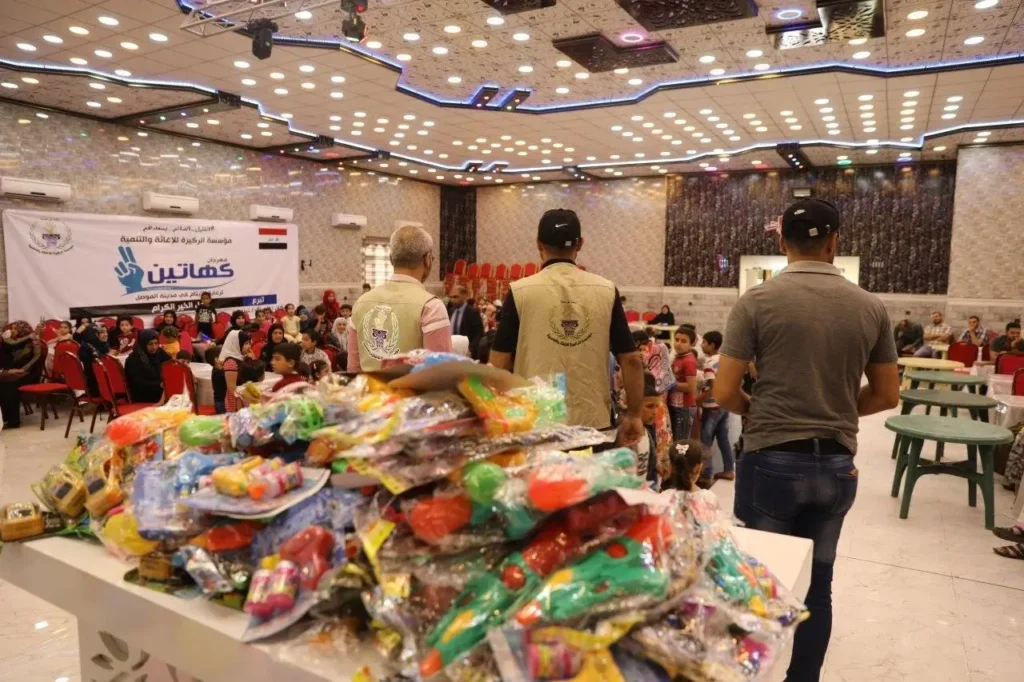
Types of Orphan Sponsorship
There are several types of orphan sponsorship, which vary depending on individual circumstances, available resources, and the specific needs of the orphan. Here are some common types of orphan sponsorship:
1. Financial Sponsorship: This involves providing financial support to cover the orphan’s basic needs, education expenses, and healthcare costs.
2. Educational Sponsorship: This provides opportunities for education and training, including covering school or university expenses, providing educational materials, and offering tutoring if necessary.
3. Healthcare Sponsorship: It includes providing necessary healthcare for the orphan, including regular medical check-ups and covering the costs of medical treatment if required.
4. Social Sponsorship: This offers psychological and social support to the orphan, including counselling and emotional and social support to help them cope with life’s challenges.
The type of orphan sponsorship depends on the circumstances surrounding the orphan and the available resources. The primary goal is to improve the orphan’s life and provide them with the necessary opportunities for proper growth and stability.

Which Type of Orphan Sponsorship is Best?
No specific type is inherently better than others; it depends on the individual needs of the orphan and the available resources. The most important aspect is to meet the orphan’s basic needs and provide a safe and stable environment. While financial sponsorship may be the foundation for meeting material needs, additional support in terms of education, guidance, healthcare, and social support can contribute to a better future.
Ultimately, any type of orphan sponsorship should come from the heart with pure intentions of service and compassion, seeking reward and blessings from Allah.
Orphans in Iraq: Escalating Numbers
After two decades of challenges, conflicts, and wars, the Iraqi High Commission for Human Rights revealed alarming statistics. According to Commission member Anas Al-Azzawi, the number of orphans in Iraq has exceeded 5 million children. These numbers illustrate the harsh reality faced by these children after years of conflicts and tensions.
The Iraqi High Commission for Human Rights also warned of the severe consequences, if necessary, care is not provided to these orphans. The absence of shelters and adequate support makes these children vulnerable to human trafficking and involvement in drug trade operations.
It is worth noting that Iraq lacks accurate statistics on poverty and the number of orphans due to a shortage of surveys and data available. The Iraqi Ministry of Social Affairs, responsible for these categories, faces challenges in gathering the necessary information to determine poverty rates and accurate numbers.
Comparing this statement, about 5 million orphans now to a UNICEF report from 2011, which spoke of 800,000 orphans, highlights the significant increase in the number of orphans over the last decade (from 2011 to 2021)— this decade witnessed ISIS’s control over vast areas of the country and Iraq’s involvement in internal conflicts and wars that claimed thousands of lives.

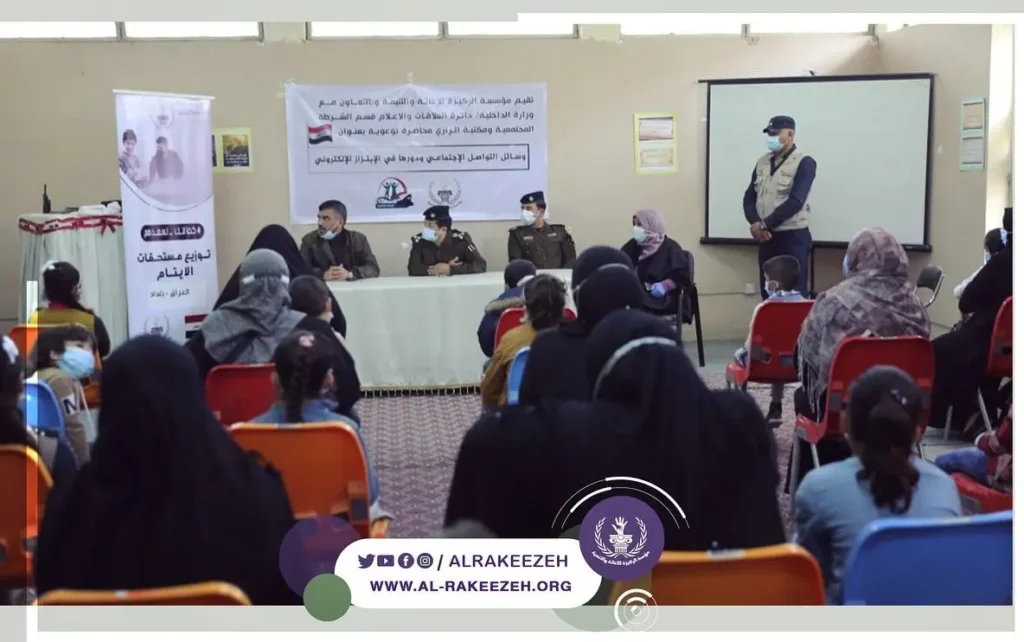
Future Implications and Concerns
Neglecting this segment of the population can have significant and devastating consequences, not only on their futures but also on their communities and countries. Talking about 5 million children, they will soon constitute a significant portion of the workforce and the social fabric of the country.
They may find themselves in challenging economic circumstances if they do not receive the necessary support, opportunities, and skills. This could lead to a deepening of poverty and increased unemployment rates, making them more susceptible to crime and addiction.
Additionally, orphans lacking emotional and psychological support may face mental health issues, affecting their ability to interact with society and build strong social relationships. They might struggle to adapt and achieve success in life.
All these factors, among others, such as a deteriorating educational system, will undoubtedly have long-term effects on the economy and society at large. Therefore, caring for orphans and providing a supportive environment for their growth and development is not only a moral and ethical duty but also an investment in the country’s future and stability.
